Liver Disease in Children 5th Edition
$16.00
Liver Disease in Children 5th Edition Fifth ed
- FORMAT : ORIGINAL PDF /PRINT REPLICA
- Publisher : Cambridge University Press; 5th edition (March 18, 2021)
- Publication date : March 18, 2021
- Language : English
- ISBN-10 : 1108843514
- ISBN-13 : 978-1108843515
Description
Description
Liver Disease in Children 5th Edition-ORIGINAL PDF
Preface
It has been over 25 years since the first edition of Liver Disease
in Children was published, and six years have passed since the
release of the fourth edition. The text continues to be regarded
as the premier, comprehensive reference on pediatric liver
disease. There have been groundbreaking advances in our
understanding of the pathophysiology of liver disease in this
age group that have led to improved strategies for diagnosis
and treatment. The spectrum, frequency, and nomenclature of
liver diseases now encountered in children and adolescents
have significantly changed since the publication of the first
edition of this text. For example, Reye syndrome, which war-
ranted a separate chapter in the first edition, has all but dis-
appeared as a significant concern of the pediatric hepatologist.
Fatty liver disease, which now occupies a significant portion of
our clinical practice, was barely recognized as a clinical entity
at that time. Inherited cholestatic syndromes involving struc-
tural and functional genetic defects of hepatocytes and the
biliary tree were being described, but definition of the under-
lying defects required advances in genomics. Genome-wide
association studies continue to identify susceptibility variants
for disorders including non-alcoholic steatohepatitis, autoim-
mune liver disease, viral hepatitis, and biliary atresia and
modifier alleles that can impact on the severity of monogenic
disorders such as alpha-1 antitrypsin deficiency and cystic
fibrosis. Various forms of viral hepatitis were clearly defined,
but interferon-based therapies of the time were suboptimal in
terms of efficacy and side effects. The scope of advances in this
area is best illustrated by the dramatic efficacy of direct acting
antivirals for hepatitis C virus infection. There was optimism
that gene therapy could potentially cure several inherited liver
diseases. Although there has been little progress in correcting
genetic defects in the liver, enzyme replacement and identifica-
tion of small molecules that can improve gene expression for
some disorders have been significant advances. We continued
to wait to define the cause of biliary atresia, but the immuno-
biology of this disorder continues to be elucidated and novel
biomarkers have the potential to more precisely establish an
early diagnosis. The timely evaluation of the cholestatic infant
has usually required a long list of blood tests, imaging, and
a liver biopsy. Rapid turnaround in gene sequencing now
allows a precise diagnosis in a growing number of cases that
can abrogate the need for many of these tests. The revolution in
genomics combined with thorough phenotyping of patients is
making personalized medicine a reality in pediatric hepatol-
ogy. Refinements in transplant surgery and immunosuppres-
sion continue to improve outcomes for children undergoing
liver transplantation.
Three internationally known pediatric hepatologists,
Benjamin Shneider, Cara Mack, and Jorge Bezerra, have been
enlisted as new editors of this fifth edition in order to provide
additional expertise in their areas of interest and to help ensure
continuity for future editions. Most chapters have been thor-
oughly revised by previous contributors, but to ensure a fresh
perspective and to involve emerging thought leaders, seven
chapters have been written by authors contributing to this
textbook for the first time. This fifth edition continues to
provide a critical review of virtually every significant topic in
pediatric hepatology. Although clinical descriptions may have
remained the same over the years, the scientific underpinnings
and genetics of many disorders continue to evolve and are
critically reviewed whenever possible. Major advances are
emphasized in this text that will impact our ability to make
a timely diagnosis and to potentially offer effective treatment
and potential cures, in some cases for the first time, for infants,
children, and adolescents with liver disease.
Frederick J. Suchy, M.D.
Ronald J. Sokol, M.D.
William F. Balistreri, M.D.
Benjamin L. Shneider, M.D.
Cara L. Mack, M.D.
Jorge A. Bezerra, M.D.
Avis (2)
Seuls les clients connectés ayant acheté ce produit ont la possibilité de laisser un avis.

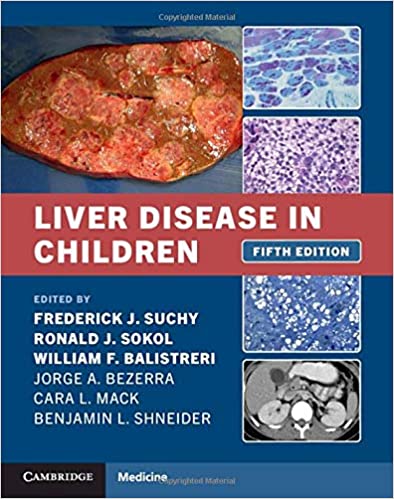
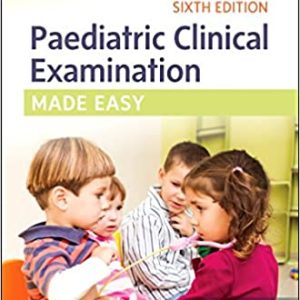
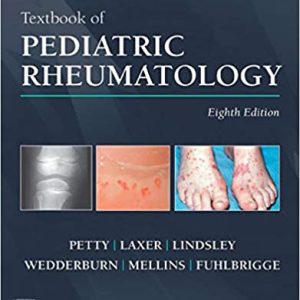
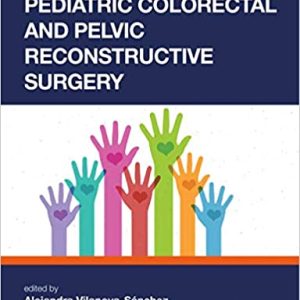
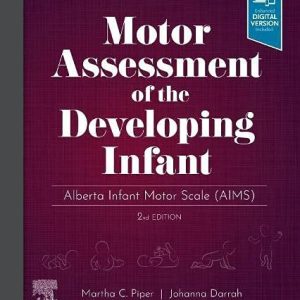
2 avis pour Liver Disease in Children 5th Edition
Il n’y a pas encore d’avis.